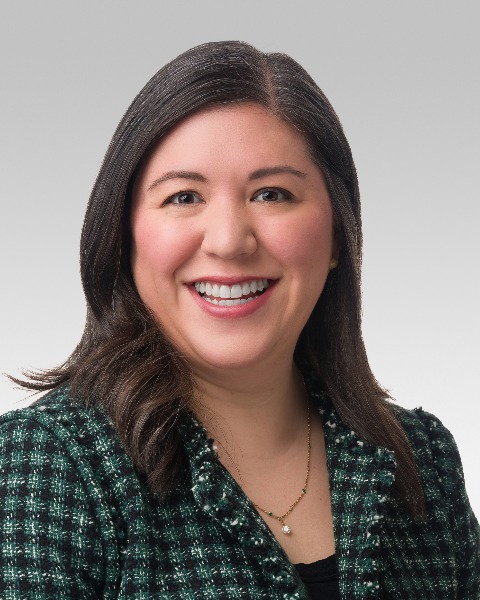Poster Session 4
(1053) Migrating while pregnant: A qualitative study of immigration and obstetric health

Jecca R. Steinberg, MD, MSc (she/her/hers)
Maternal Fetal Medicine Fellow
Northwestern University Feinberg School of Medicine
Chicago, IL, United States- HK
Hebron Kelecha, MD, MPH
Northwestern University Feinberg School of Medicine
Chicago, Illinois, United States 
Madeline F. Perry, MD
University of Pennsylvania
Chicago, IL, United States- AV
Allie Valenzuela, MD, MPH
Northwestern University Feinberg School of Medicine
Chicago, Illinois, United States - NP
Nivedita Potapragada, MBA, MD
Northwestern University Feinberg School of Medicine
Chicago, Illinois, United States - EO
Erica O'Neill, MD
Stroger Hospital Cook County
Chicago, Illinois, United States 
Ashish Premkumar, MD, PhD (he/him/his)
Assistant Professor
Biological Sciences Division, University of Chicago
Chicago, Illinois, United States
Lynn M. Yee, MD, MPH (she/her/hers)
Associate Professor
Northwestern University Feinberg School of Medicine
Chicago, Illinois, United States
Submitting Author and Presenting Author(s)
Coauthor(s)
The recent influx of migrants to select regions of the United States (US) has reshaped the demographic landscape and need for social and health services. We aimed to understand the experiences of pregnant people during immigration and in the domestic migration system.
Study Design:
This qualitative study applied inductive methods to explore the perspectives of pregnant and postpartum migrants in Chicago, Illinois, a sanctuary city and frequent destination for migrants transported from Texas. To design interviews, we engaged with patients, advocates, physicians, nurses, and social workers through community-based participatory methods. Participants were recruited from a public hospital prenatal clinic and completed validated demographic surveys and semi-structured interviews in Spanish or English. We applied iterative coding of transcripts to develop a codebook, evaluate interrater reliability (Cohen’s kappa >0.85), and analyze themes.
Results:
Of 12 participants (ages 19-39), 11 identified as Latine and one as Black. Six were in the third trimester, 5 in the second and 1 postpartum. Half had attended or completed university prior to migration. Most were publicly insured (7/12) and the remainder were uninsured (5/12). Participants migrated from Venezuela, Colombia, and Sierra Leone. Interviews revealed that pregnant people face a number of health-harming migration-related circumstances, including: (1) unique obstetric health challenges during migration; (2) significant food insecurity; (3) hazardous conditions in shelters; (4) family separation; (5) limited access to income during pregnancy (largely due to the physically demanding nature of work in the informal sector); and (6) limited access to legal support (Table). When pregnant migrants faced hardship, scarce options were available to improve their circumstances and health.
Conclusion:
Pregnant individuals migrating to the US face unique challenges that may negatively influence obstetric health. The current system for migrant support struggles to provide basic obstetric necessities, such as adequate safety, nutrition, or sanitation measures.

